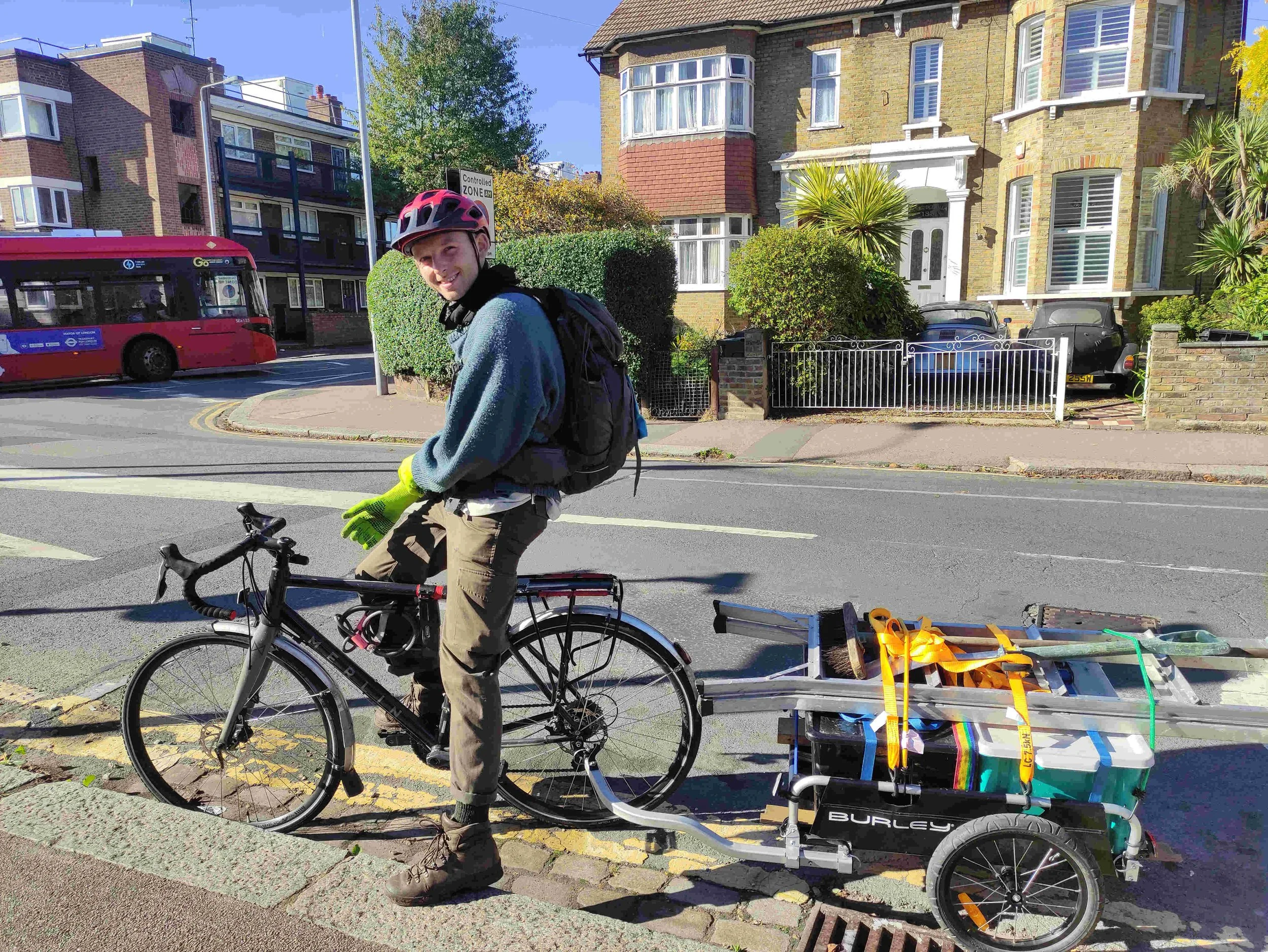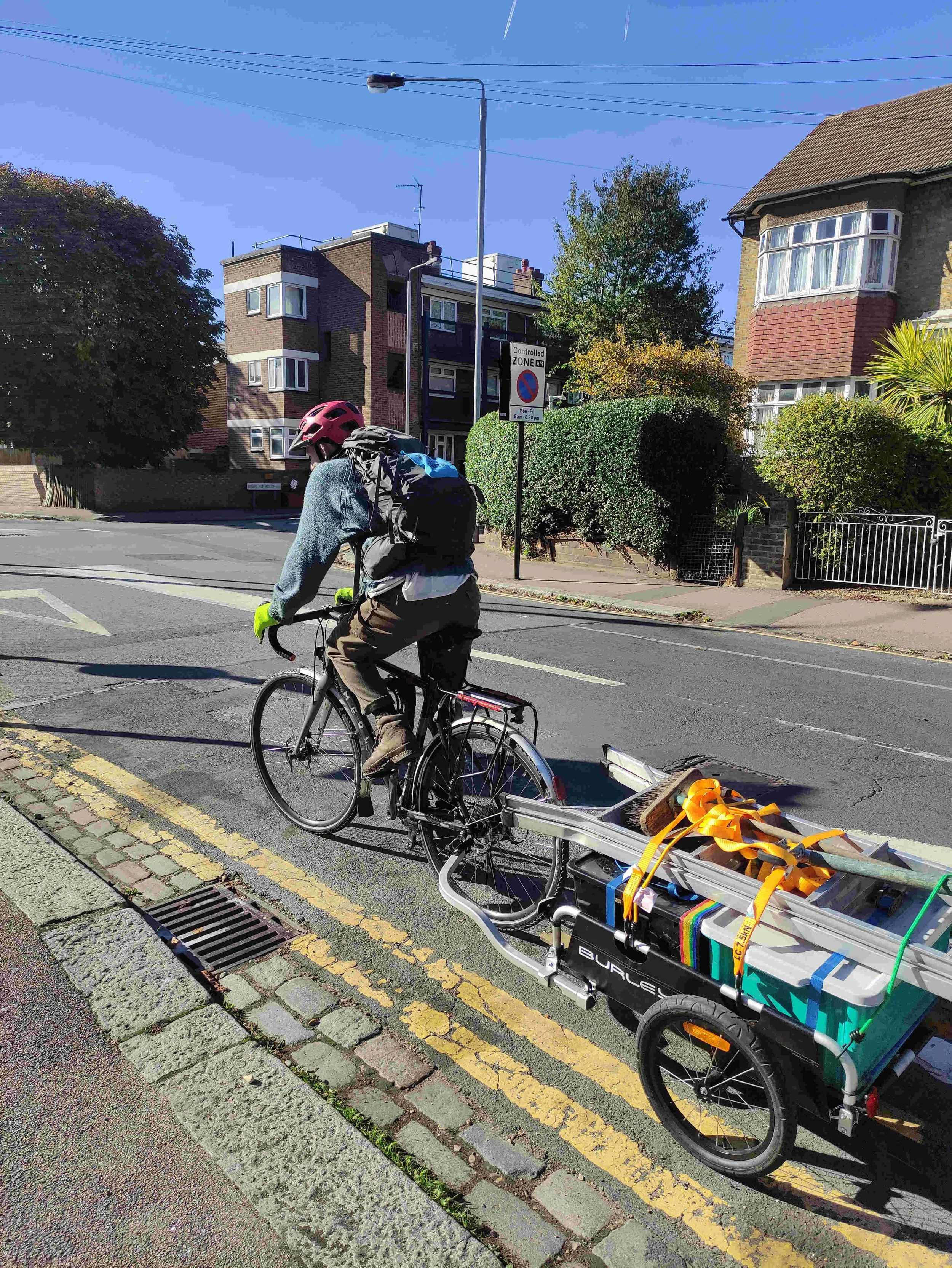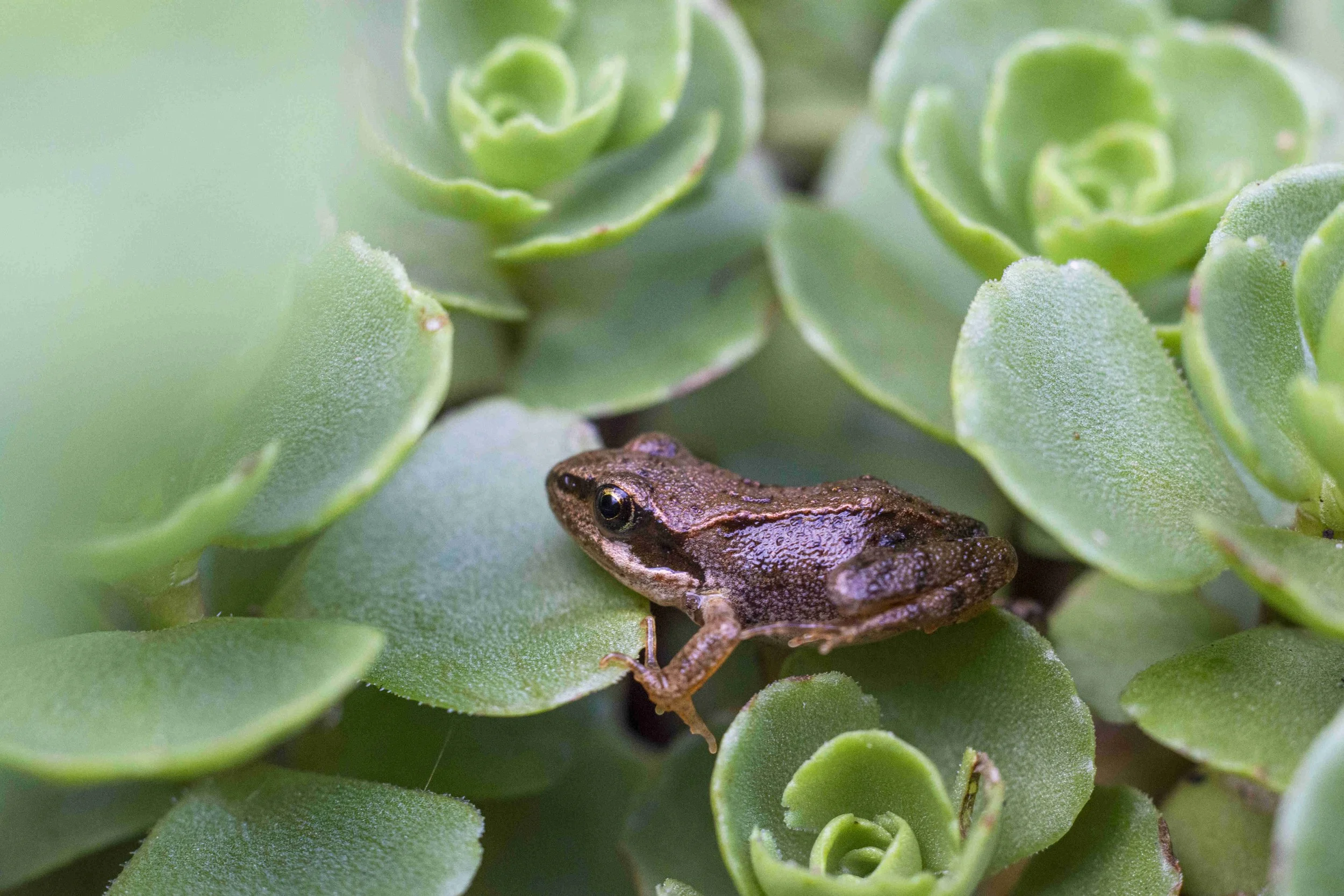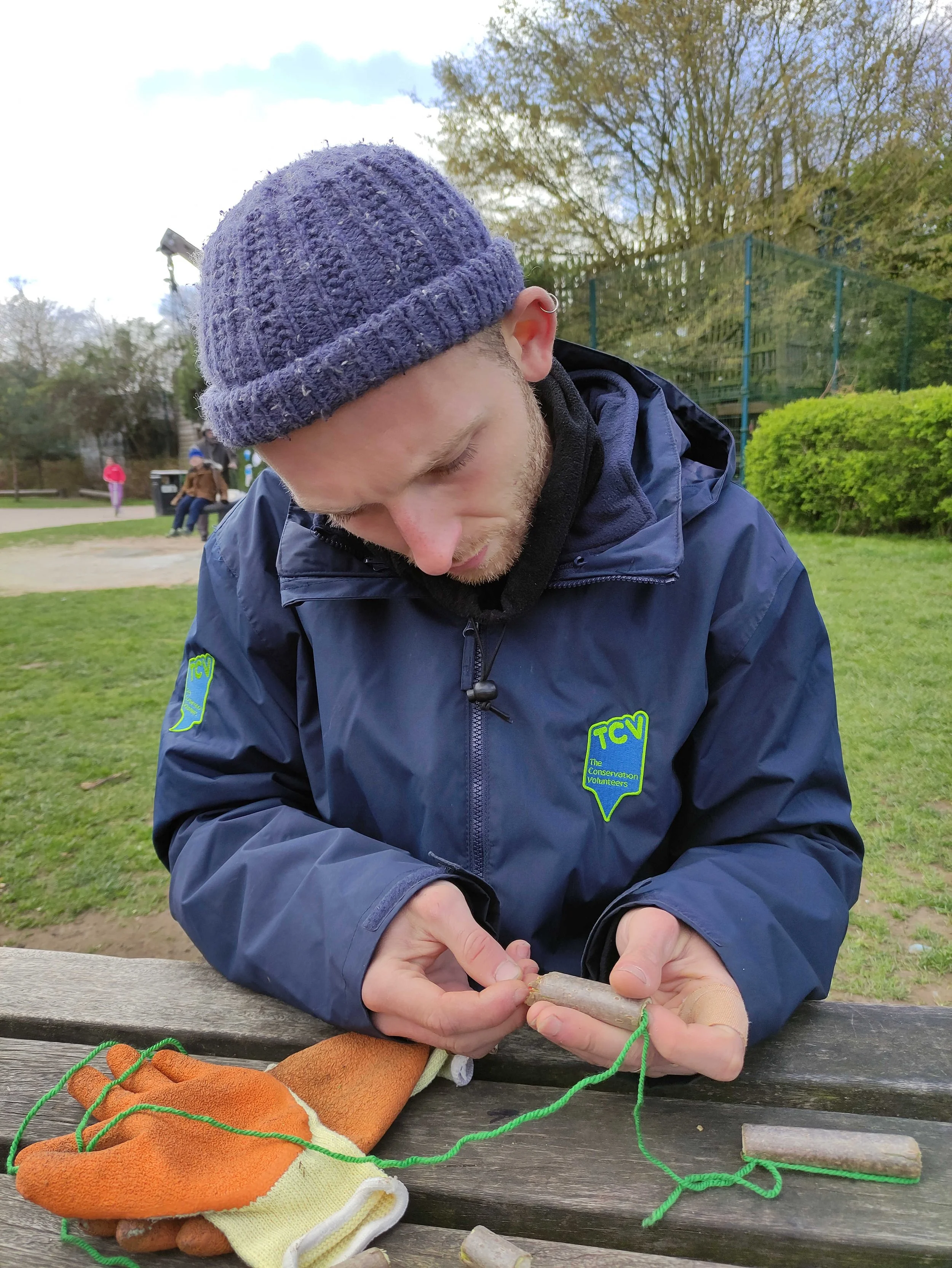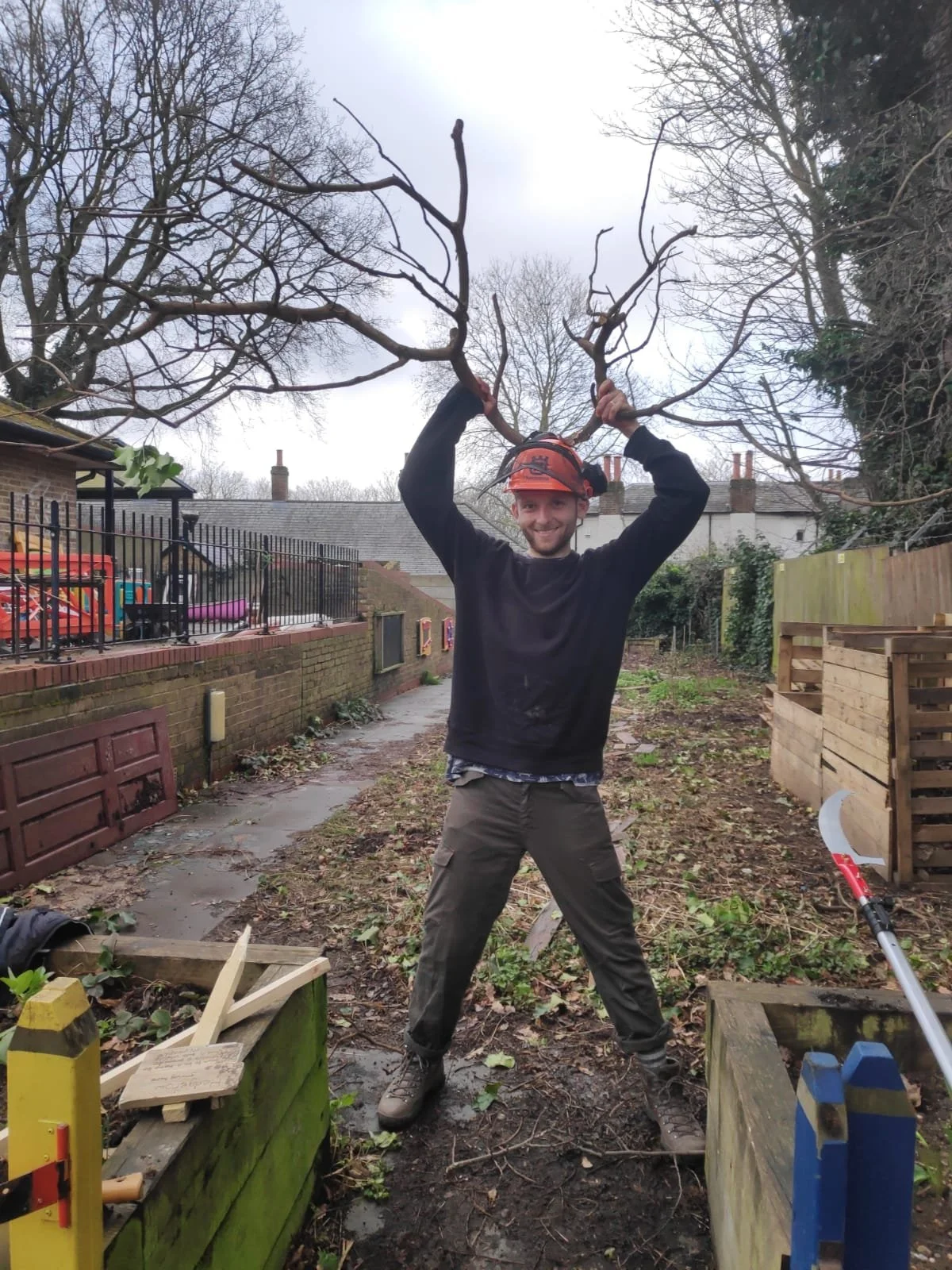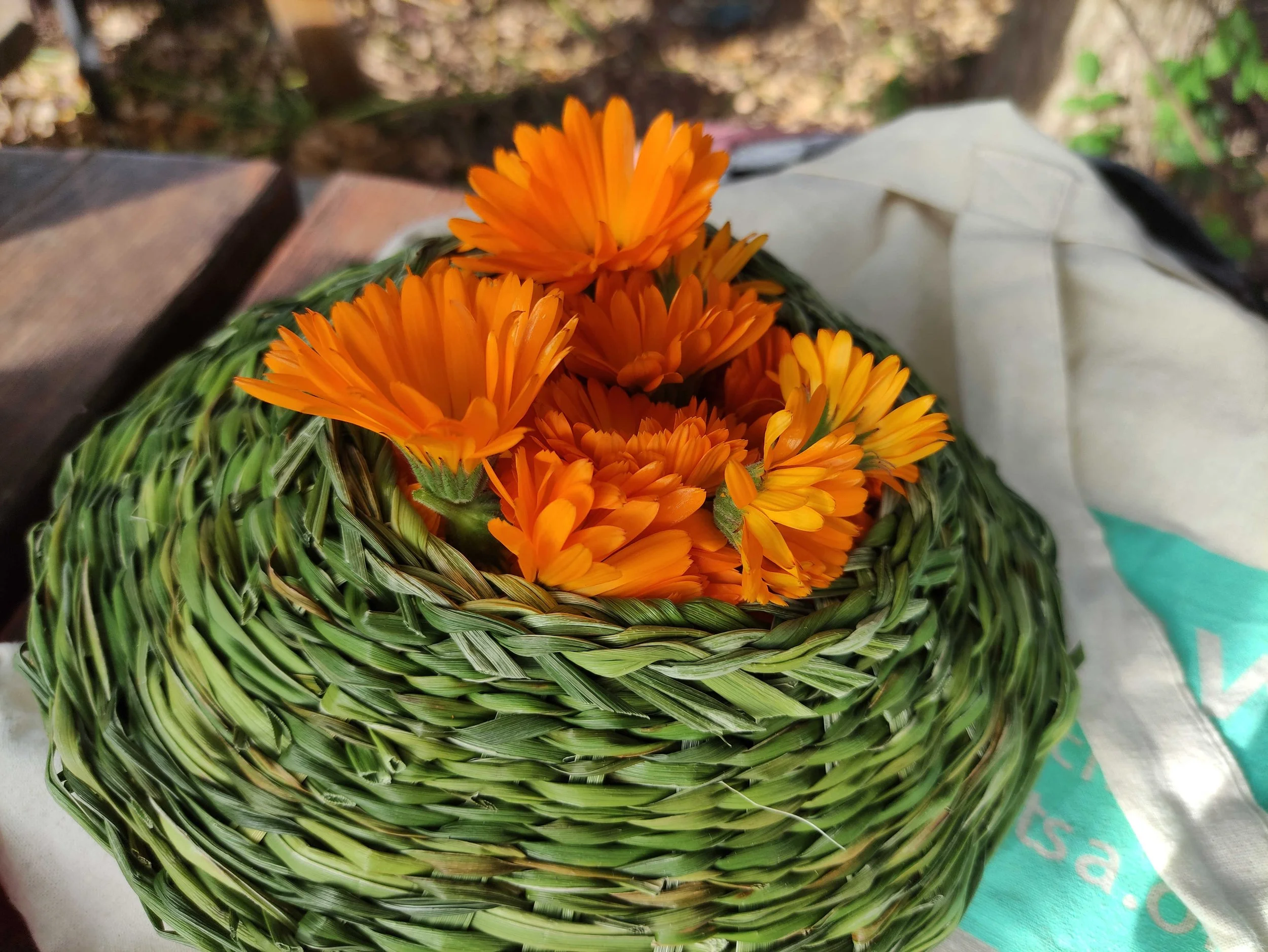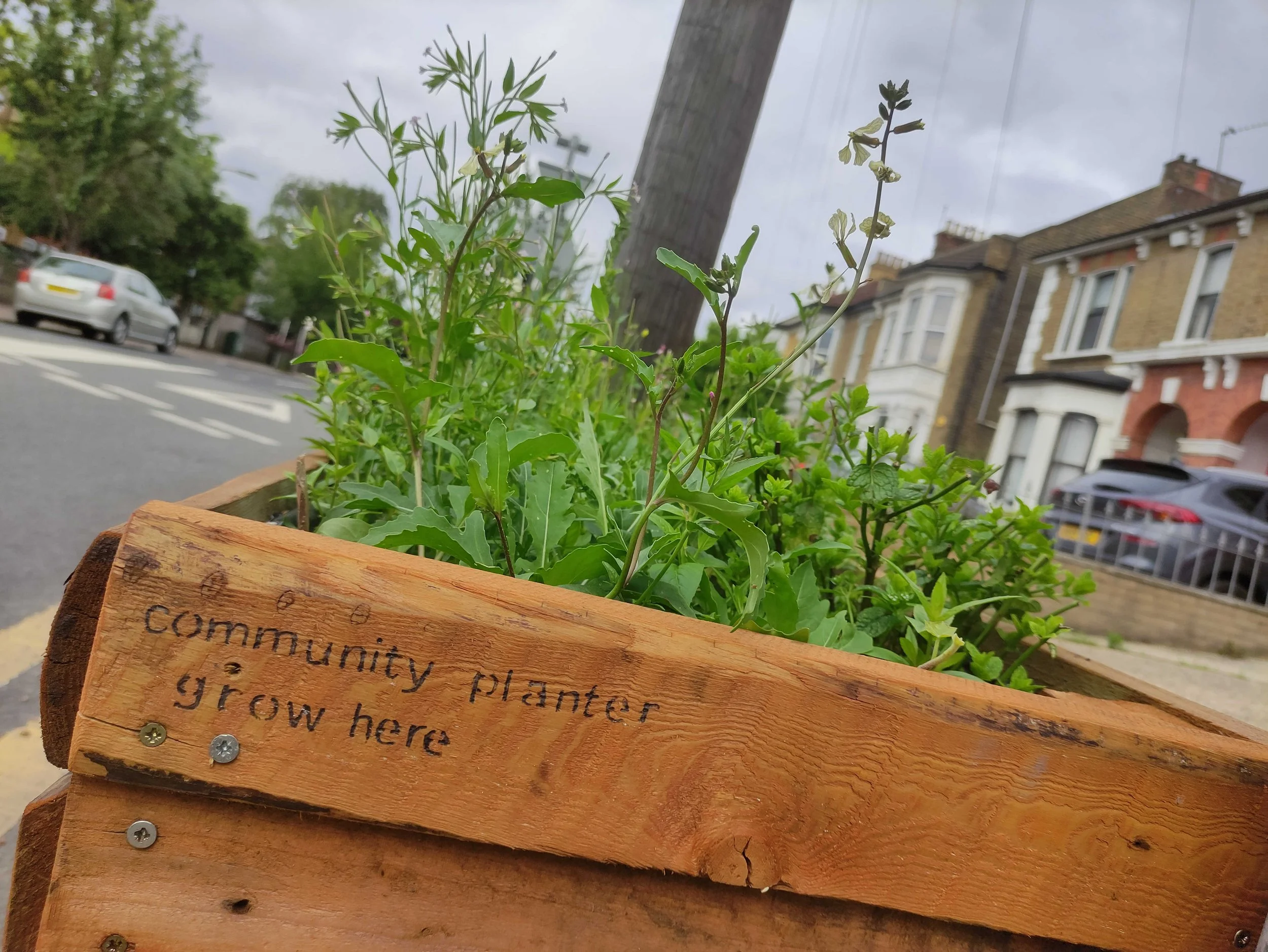About me.
As a gardener, I focus on working in harmony with our natural world. My interest in ecology and concern over the degradation of our living world, food & social systems very much shape my practices and ideas. People are as much a part of a garden ecosystem as any of the other life found there and my aim is to help people develop and maintain gardens where all life can flourish and be joyful.
As my interest in gardening has developed and grown in recent years, I have been very fortunate to be able to grow and experiment in my parent’s back garden in Leytonstone. Whilst my skills and existing knowledge have been fed by experience of being and working in numerous different spaces, the opportunity to play in and observe a green space on my back doorstep (crucially, one that I have had some level of freedom to develop and grow in) has been invaluable. Building upon my parents garden that has largely been developed for its aesthetic value, I have managed to incorporate other plants and elements that are as useful as they are beautiful. From digging a frog-filled wildlife pond to cultivating a vegetable patch with a mixture of annual and perennial crops, I’ve had the opportunity to explore ways in which to attract and support wildlife in a garden that nourishes us with food, herbs, flowers and pleasure.
After four years studying at the University of Manchester I graduated in 2018 with a degree in Zoology (including a year working at a research station in Payamino, Ecuador). Following this, I moved back to Leytonstone where I started volunteering with the London Wildlife Trust at Walthamstow Wetlands nature reserve where I was encouraged to go and study at Capel Manor College coming away with a Certificate in Countryside Management. In 2020 I started working as the Green Gym Project Officer representing The Conservation Volunteers (TCV) in various Waltham Forest parks, leaving my job 18 months later in 2022 due to burnout.
I took the opportunity of time and space to visit the locally famous Organiclea. Having been a part of the Welcome Garden community garden since its establishment in 2020, it was exciting to see a well established growing project with care as a central pillar of their operations. Since joining them as a volunteer I have been fortunate to learn a great deal. Aside from that which I have picked up organically, I’ve also had the opportunity to complete a Level 1 Organic Food Growing course and a Sustainable Maintenance Gardening volunteer placement, the latter of which has very much led me to the work I am doing today and the formation of the Living Gardeners Collective.
In addition to private gardening, over the past year I also have been working as part of Waltham Forest based Community Apothecary. This is another local organisation with land and community care at the centre of the work that we do. My role in the organisation is as a gardener at our Mulberry Close garden in Chingford where we grow medicinal herbs with volunteers, learning about the herbs, how they grow and the benefits that they have to our health. Part of our site is cultivated as a medicinal forest garden. My work here led me to complete The Orchard Project’s Certificate in Community Orcharding, where I was able to develop my knowledge and skills in fruit tree care and forest garden design.

